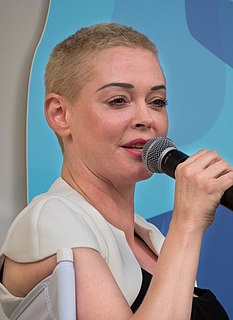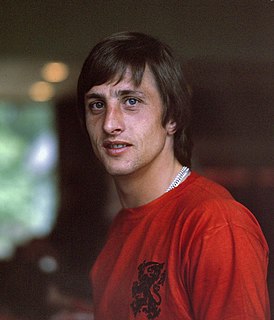A Quote by Marjane Satrapi
I'm a pacifist. I believe there are ways to solve the world's problems. Instead of putting all this money to create arms, I think countries should invest in scholarships for kids to study abroad. Perhaps they could become good and knowledgeable professors in their own countries. You need time for that kind of change, though.
Related Quotes
Perhaps it's time to start examining countries that have made democracy work while still having some kind of the same relationship in covenant with their population. Perhaps we need to look at the Scandinavian countries, or Canada, or something else, but whatever we have now, I think we just have to acknowledge, ain't workin.
We could only solve our problems by cooperating with other countries. It would have been paradoxical not to cooperate. And therefore we needed to put an end to the Iron Curtain, to change the nature of international relations, to rid them of ideological confrontation, and particularly to end the arms race.
How hard is it to build an intelligent machine? I don't think it's so hard, but that's my opinion, and I've written two books on how I think one should do it. The basic idea I promote is that you mustn't look for a magic bullet. You mustn't look for one wonderful way to solve all problems. Instead you want to look for 20 or 30 ways to solve different kinds of problems. And to build some kind of higher administrative device that figures out what kind of problem you have and what method to use.
While we all want the U.N. to live up to its original intent and be the place where the world comes together to solve international problems, the reality is the U.N. isn't all that different from any other political body. Countries and individuals play to the cameras, create good theatre, and negotiate selfishly.
A considerable proportion of the developed world's prosperity rests on paying the lowest possible prices for the poor countries' primary products and on exporting high-cost capital and finished goods to those countries. Continuation of this kind of prosperity requires continuation of the relative gap between developed and underdeveloped countries - it means keeping poor people poor. Increasingly, the impoverished masses are understanding that the prosperity of the developed countries and of the privileged minorities in their own countries is founded on their poverty.
I like reading books about kids where there weren't really many adults, where they didn't need an adult to come and solve the problems for them. They could use their own ingenuity, use their own talents to solve whatever the issue was. And I like that still. I think that children want to read about heroic children. They don't want to read about children that have to be saved all the time.






































